No products in the cart.
What Are The Major Causes of Depression & How To Prevent Them?
Being a Hijama Therapist, I have observed that depression has become a part of our daily routine life.
Feeling down from time to time is normal, but when negative feelings take hold of you for longer than usual, then you may have depression. It is a mental disorder that causes constant feelings of sadness and unshakable dark emotions. Depression is always considered a mental illness, but believe it or not, depression hurts physically as much as it tortures you mentally.
Nowadays I am getting many clients with depression and anxiety. There is a pattern that everyone follows that ends up in depression and anxiety. Let’s talk about some of the major causes of depression that have become a part of our daily lives. It is necessary to discuss them to spread awareness among people.
Several factors contribute to the cause of depression.

Lack of oxygen
Lack of oxygen aggravates brain cells and causes a high rate of depression and suicidal thoughts. Deep-breathing exercise is a powerful tool to ease stress and anxiety.
Sugary treats exposure to plastics
From sweet foods and beverages can negatively impact mental health and lead to the risk of depression. Too much exposure to plastics from daily activities may impact our mental health and brain function. Chemicals in plastics like BPA, ethylene and phthalates may change the way the brain produces hormones and could contribute to depression.
Lack of sunshine
Lack of sunshine may cause depression. When the ultraviolet rays from the sun go through neurochemical pathways, these rays hit the pineal gland, which releases serotonin, a mood hormone.
Lack of Omega-3 fatty acids
Omega-3 fats are essential components of the brain. Several studies have indicated that a lack of Omega-3 fatty acids may cause changes in the brain’s neuronal pathways, resulting in depression. Fish, walnuts, chia seeds, flax seeds, omega-3 enriched eggs, meat and dairy products from grass-fed animals, hemp seeds, avocados, spinach and Brussels sprouts loaded with omega-3 fatty acids, make them a part of your regular diet.
Dehydration
Every system in the human body needs water to function 75% of brain cells are water. Dehydration causes brain function to slow down, which turns out to be depression.

Poor sleep habits
Enhance negative emotions that may lead to depression, trouble concentrating, lack of energy and loss of interest in activities that once used to excite you. Improvement in sleep patterns may reduce the symptoms of depression.
Lack of two minerals, calcium and magnesium,
A lack of two minerals, calcium and magnesium, may cause depression. These minerals are responsible for getting messages from cell to cell. Calcium causes construction, while magnesium causes relaxation. If a human body lacks calcium or magnesium, the messages coming from cell to cell will be inhibited, which may contribute to mental illness. Calcium-rich foods include beans, lentils, yogurt, seeds, green leafy vegetables, figs, almonds and milk. Magnesium-rich foods include avocadoes, nuts, legumes, seeds, whole grains, bananas and leafy greens.
High dose of caffeine
A high dose of caffeine may increase alertness, which leads to anxiety and depression. A recommended limit for caffeine intake is about 400 milligrams per day. An 8-ounce cup of coffee has around 100 milligrams of caffeine. Coffee is not the only caffeinated substance: different teas, sodas, energy bars, soft drinks and even chocolate contain caffeine.
Vitamin deficiency
Vitamin deficiency can also cause depression. Vitamin B is the most famous vitamin to reduce depression symptoms. Consider Vitamin B as the brain vitamin. Vitamins B1, B2 and B3 transfer messages from cell to cell. Vitamins play a role in producing brain chemicals that affect mood and other brain functions. Vitamin resources include meat, fish, whole grains, legumes, eggs, yogurt, fruits and vegetables, and much more.
Physical inactivity
Current theories suggest that physical inactivity may lead to a depressed mood. Physical activities like exercise, swimming, cycling or dancing are some of the most transformative forms we can do for our physical or mental well-being. Regular physical activities may reduce the risk of developing depression and anxiety. When the body gets tired of any physical activity, it demands rest. As the body goes into a resting mood, the natural healing process starts to recover the damage.
Excessive screen time
Excessive screen time on electronics increases the risk of anxiety and depression. The negative impact of screen time on mental health has grabbed more attention lately, not only for children but also for adults and seniors. The effects of screen time on symptoms of depression vary on an individual’s age, gender and screen time duration. Offline activities provide the opportunity for personal growth and self-awareness.
How to Prevent Depression Naturally
Depression affects thousands of people every day. Don’t consider yourself helpless or alone. There is a lot you can do for yourself to get rid of depression on your own. There are several natural ways to treat depression, a few of them are:
1- Chamomile tea
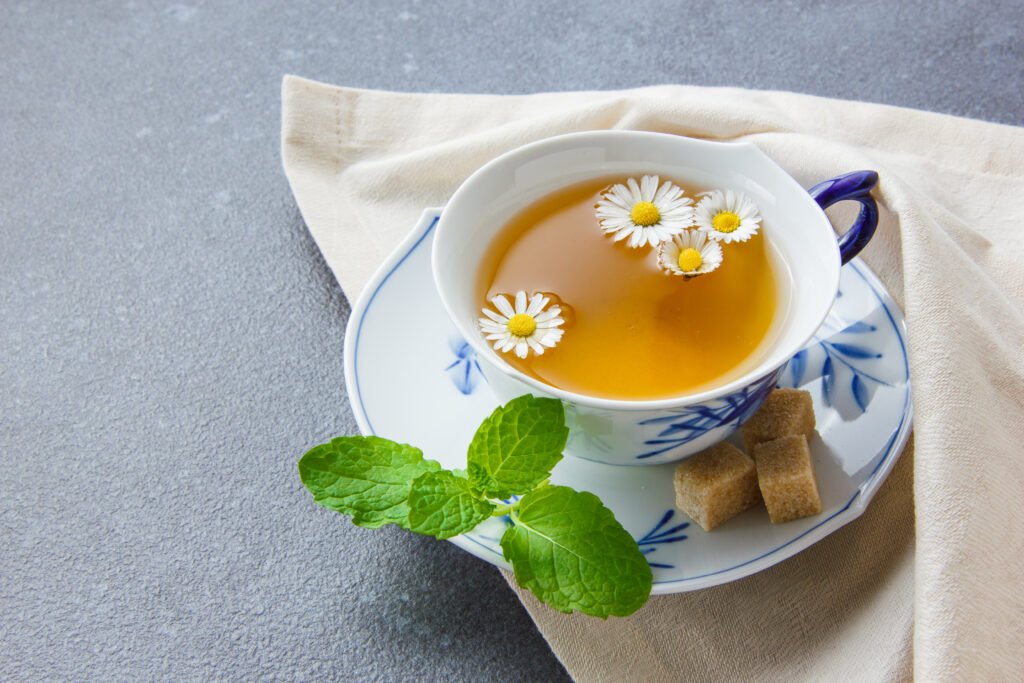
Chamomile tea alleviates depression and anxiety. Chamomile is caffeine-free so try taking a cup of chamomile tea every day.
2-Healthy choices
There is no magical diet plan that can help you with depression but making healthy choices can help you feel better. Nothing is definite but research has proved that foods with Omega-3 fatty acids and folic acids may help ease depression.

3- Doing exercise
Doing exercise, running, and jogging for at least 30 minutes a day helps with mental health. Exercise releases endorphins and aids in treating depression.
4- Sleep schedule
Maintaining your sleep schedule is very helpful to avoid stress. Depression doesn’t let you get enough sleep so going to bed and getting out at the same time every day regulates your sleeping schedule.
5- Ditching negative thoughts
If you are depressed then negative thoughts can circle all around your mind and body so, practice ditching negative thoughts. If you are feeling terrible about yourself then challenge negative thoughts with logic. Meditation, Yoga, or deep breathing techniques aid in controlling depression.
6- Socialize and bond with family
Make friends, go out with friends. Have fun in your life. Change is very important to break the monotony of life. So, if you are bored and you are feeling depressed then do something different, go on vacation. Always spare time for family. Research has proven that whoever has a strong bond with family never gets trapped in the vicious cycle of depression.
7- Helping hand to others
Donate, volunteer, or be a helping hand to others. Helping others is a wonderful feeling. The law of giving is very simple, if you want joy, give joy, if love is what you want then spread love. 34560Take responsibility for the actions that you took in your life, whether the actions were right or wrong. It is very important to own your mistakes. Mistakes have the power to turn you into something better than you were before.
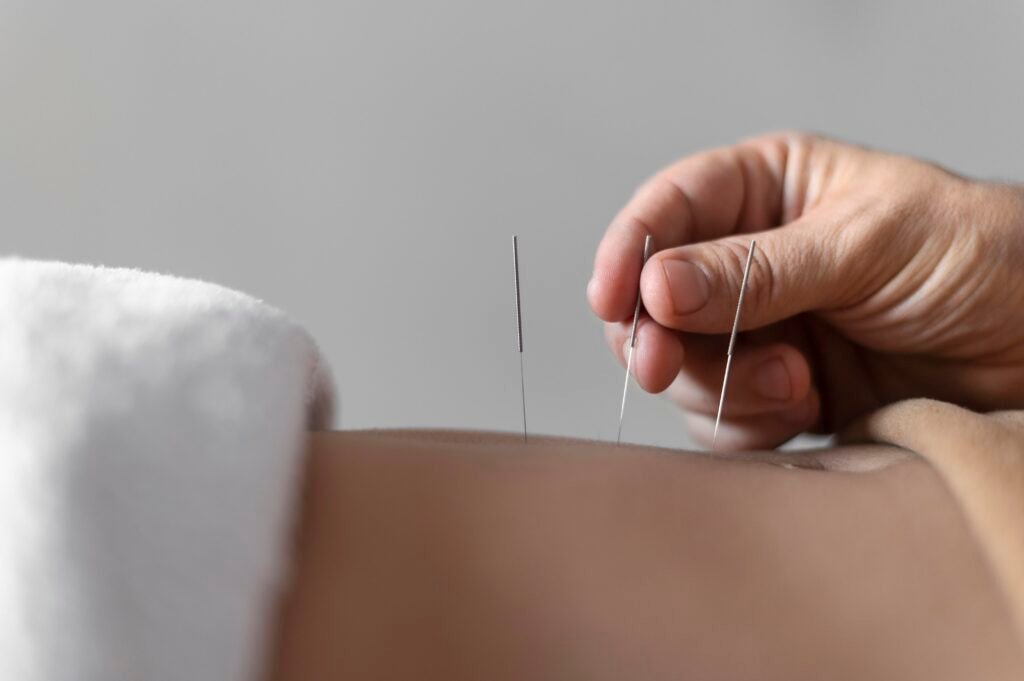
8- Hijama Cupping Therapy & Acupuncture
Acupuncture accesses the pressure points of the body and helps to relieve stress and depression. Hijama Cupping Therapy helps to alleviate the symptoms of depression by providing overall relaxation to the body, mind, and soul.
Depression and Hijama Cupping Therapy
Hijama cupping therapy helps to remove toxins, impurities and dead cells from the body. When dead cells are out of the body then new cells are generated that are rich in oxygen and healthy nutrients. With the help of the natural healing process damaged cells are being healed and chemicals and toxins are being removed from the body by the natural process of Hijama cupping therapy.
Hijama cupping therapy is one of the most successful therapies regarding depression and stress management. As the toxins are removed, the muscles get relaxed and you feel energetic and strong.
For the treatment of depression, the combination of three types of cupping therapy is highly recommended.
Fixed Cupping
Moving Cupping
Wet Cupping
Usually, six sessions are more than enough for the treatment of depression.
For the first session, 7 organ points at the back are highly recommended.
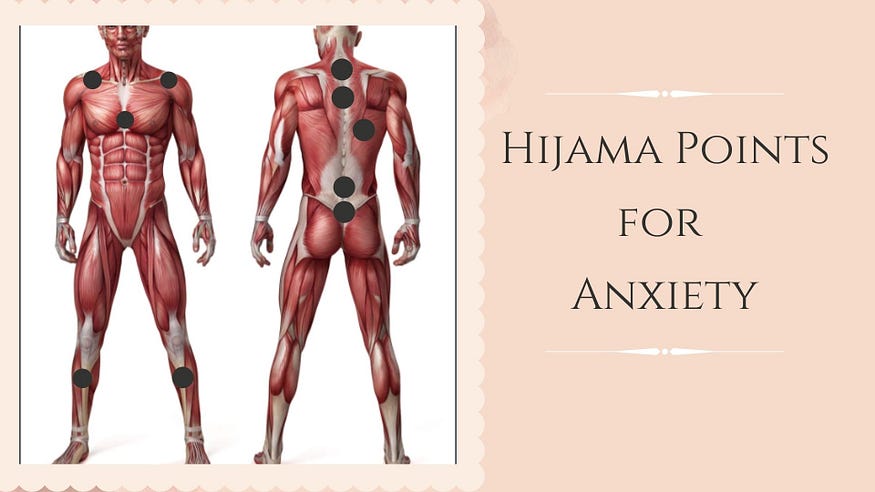
For the second session, 4 head sunnah points should be targeted. Head sunnah points are called the mother of all diseases. Targeting all sunnah points is also very beneficial for anxiety and depression.
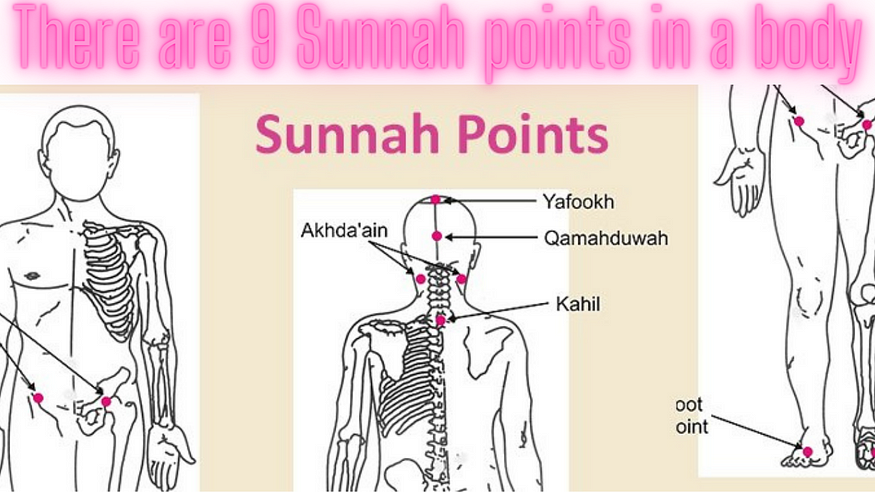
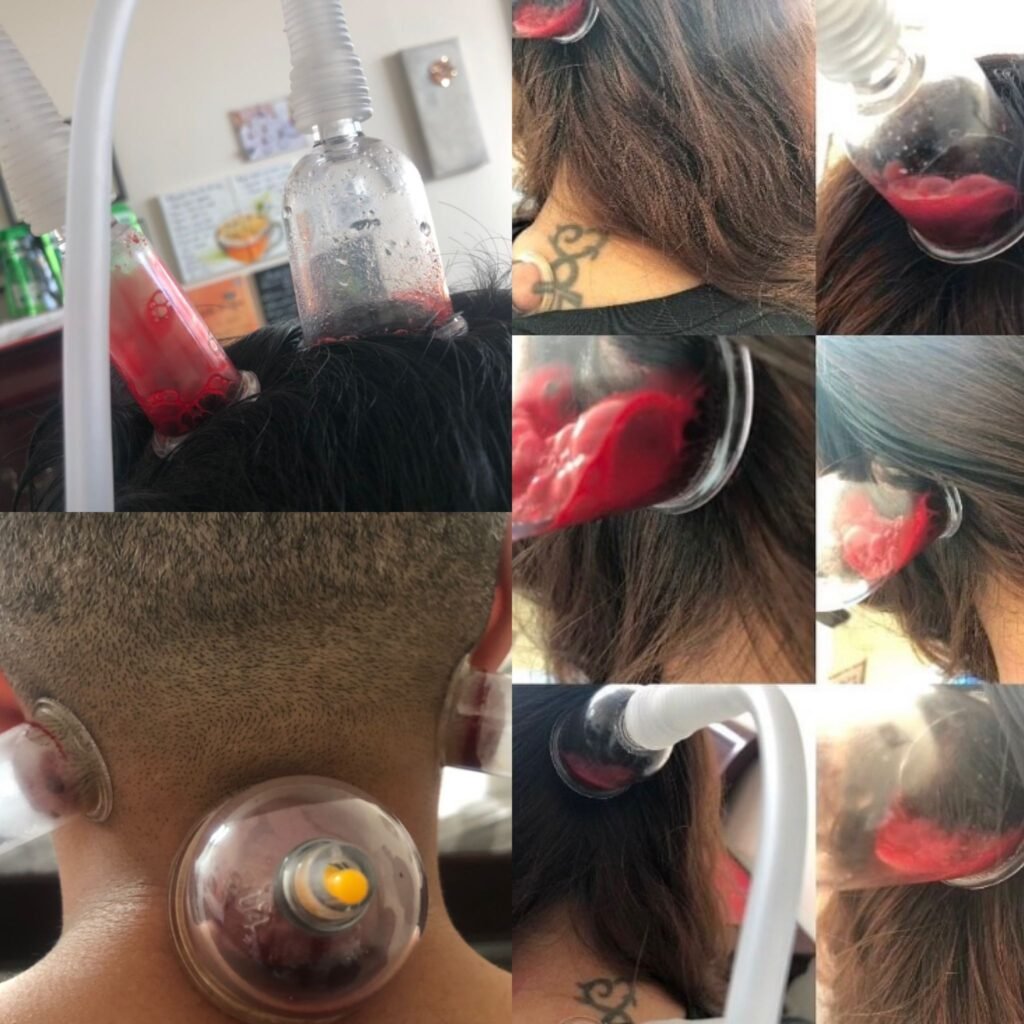
For the third session, fixed cupping and moving cupping should be performed on the back along with the wet cupping therapy around the spine to detoxify the body.
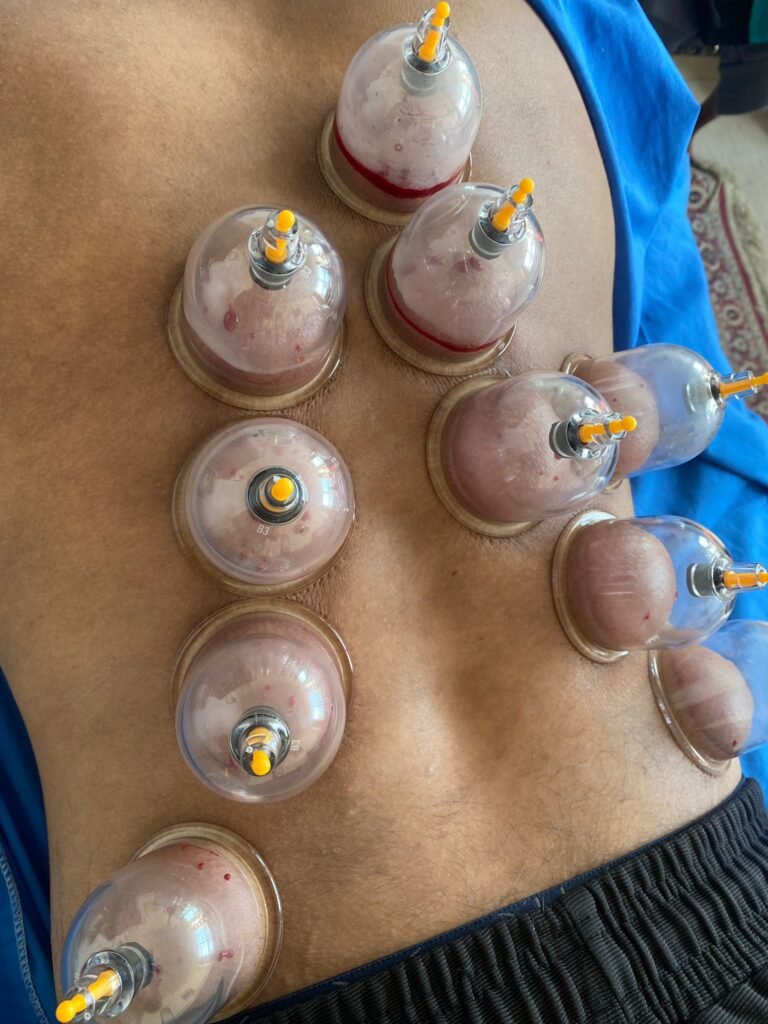
In the fourth session, it is important to target the client’s lower back and leg points.
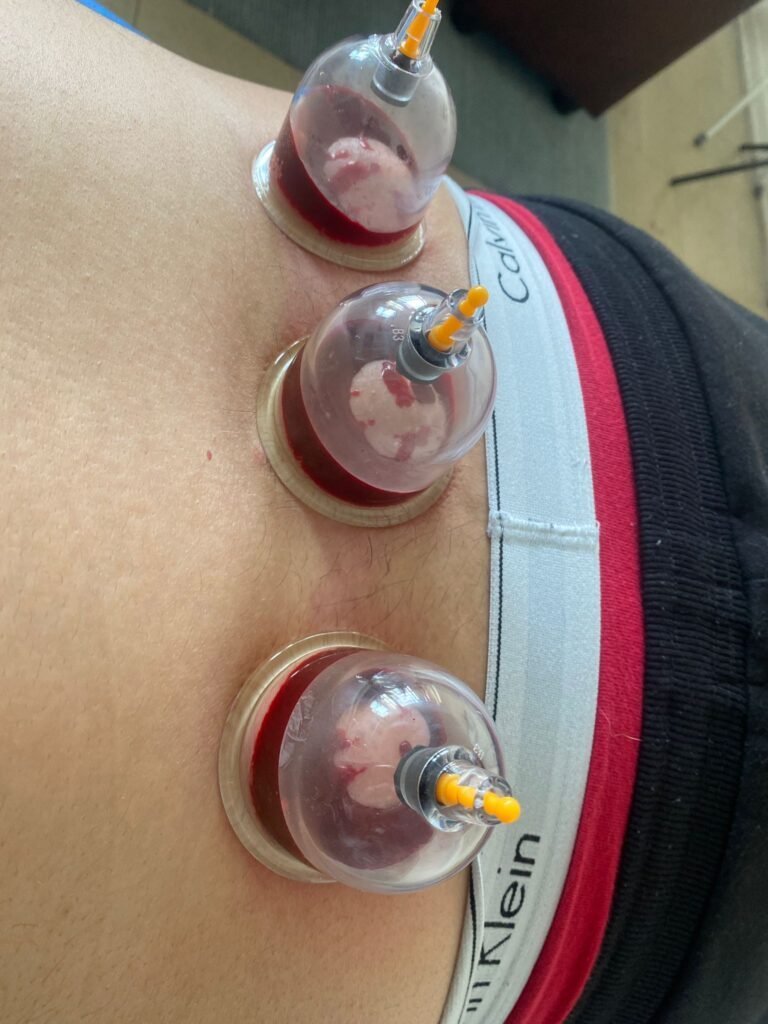
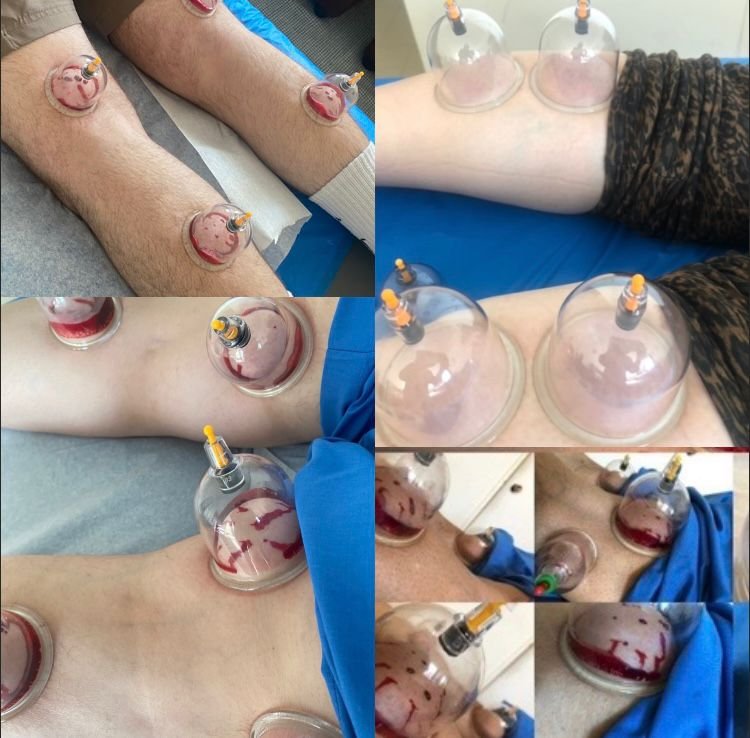
There are several stress points in our body and in the fifth session, these stress points are being targeted. Some of the stress points are on our hands, elbows and feet as well.
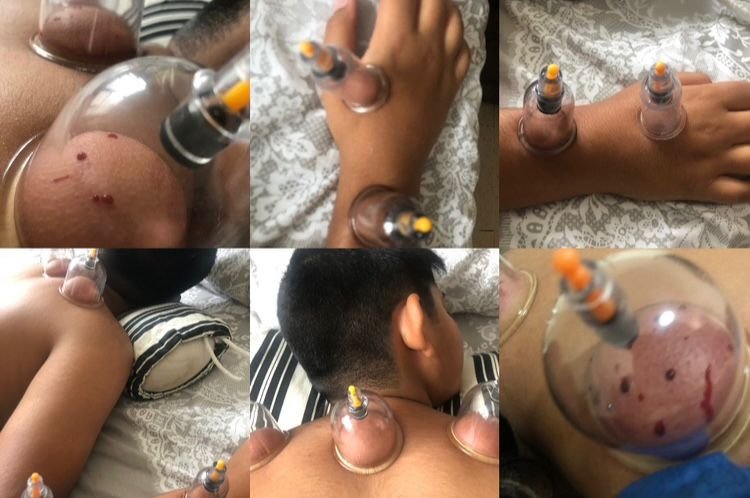
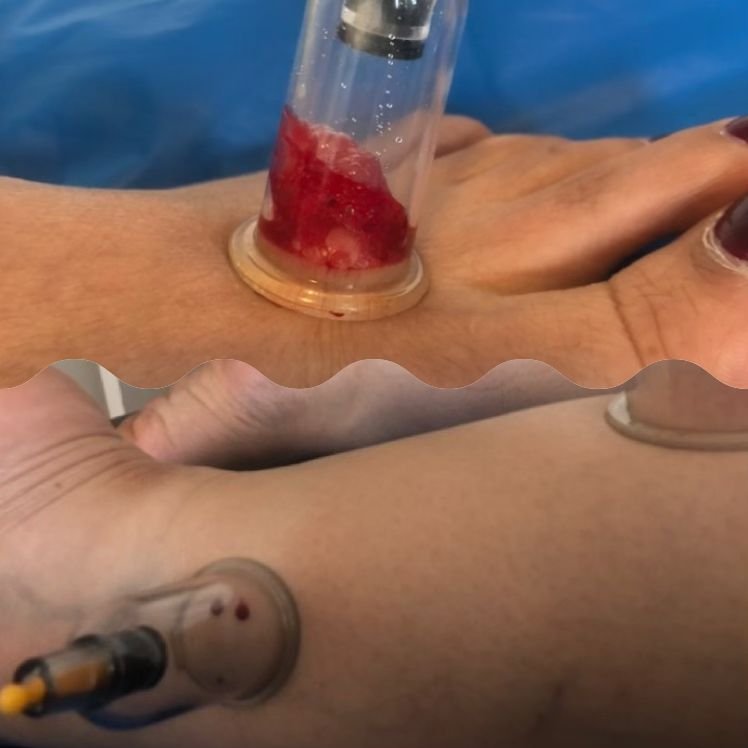
In the last session, fixed cupping and moving cupping are applied at the back of the body. Moving cupping promotes the flow of blood in the body so after moving cupping, wet cupping is also applied to enhance the blood flow.
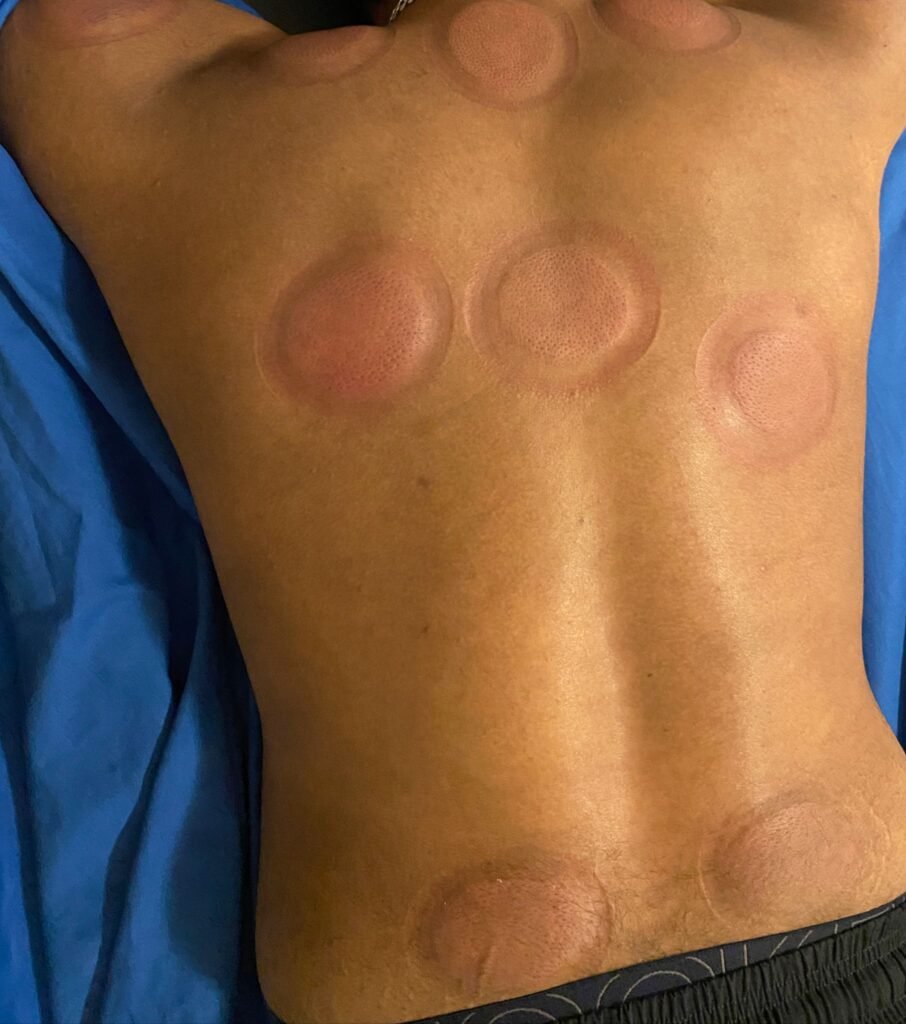
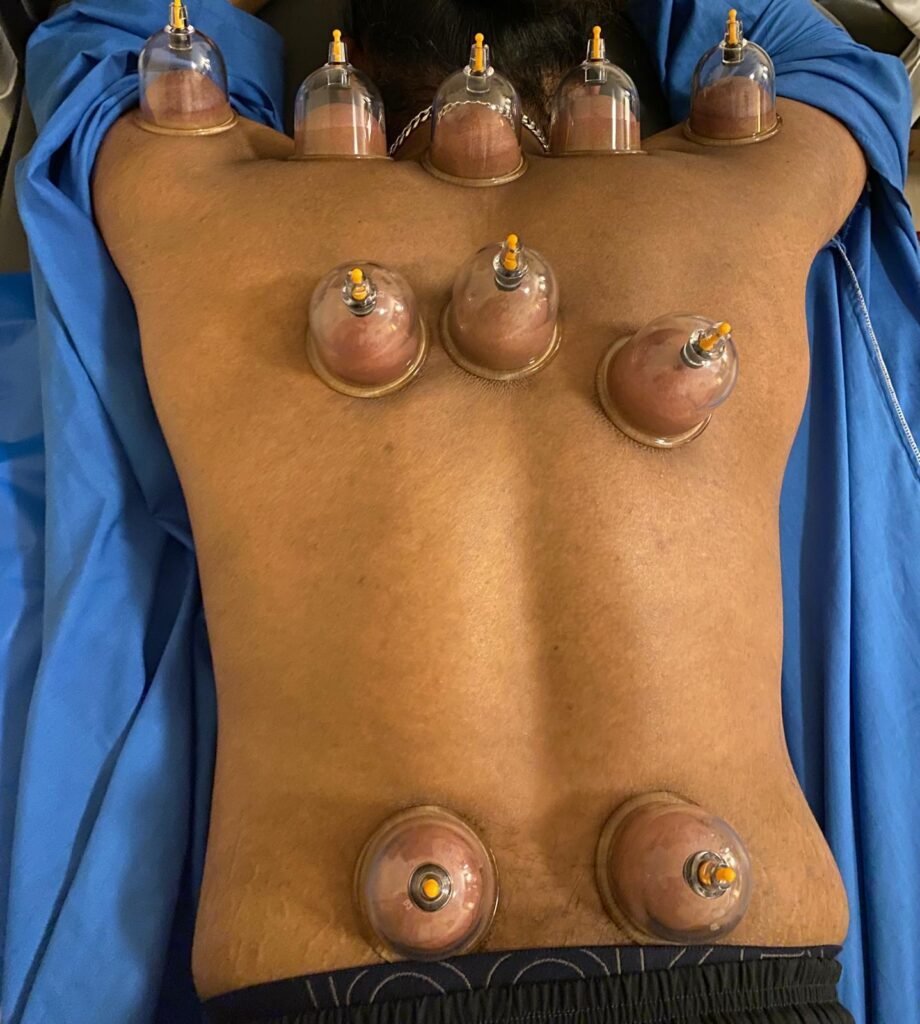
Ruqya along with Hijama cupping helps to relieve body, mind and soul. So, metaphysical issues should also be considered as well.
Positive lifestyle changes should be promoted. Exercise, regular sleep patterns and a well-balanced diet should also be included in the daily routine.
Hijama cupping therapy is proven to be extremely helpful in relieving depression, anxiety and stress and restoring health, happiness and wellness.

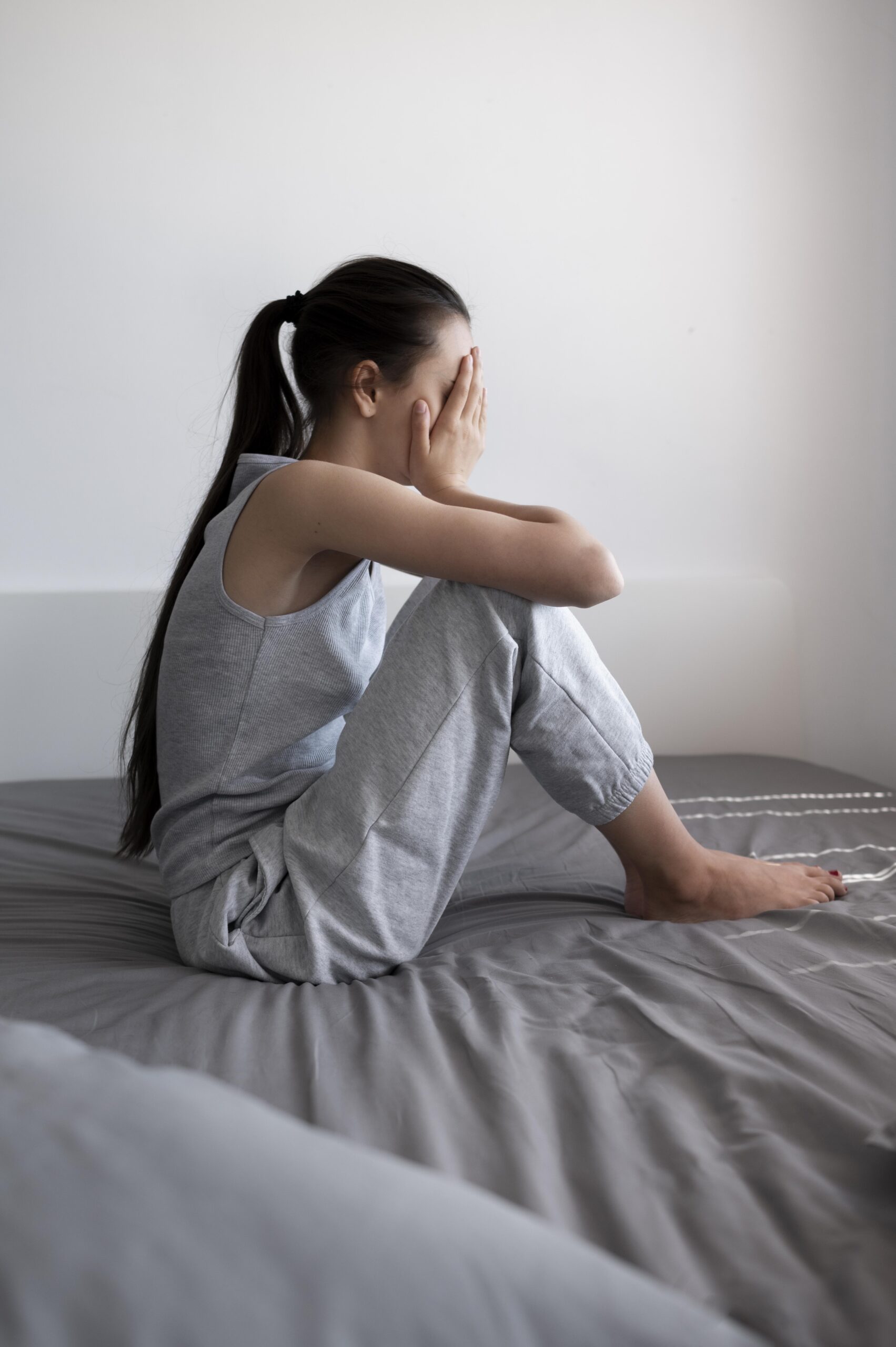



Leave a Reply